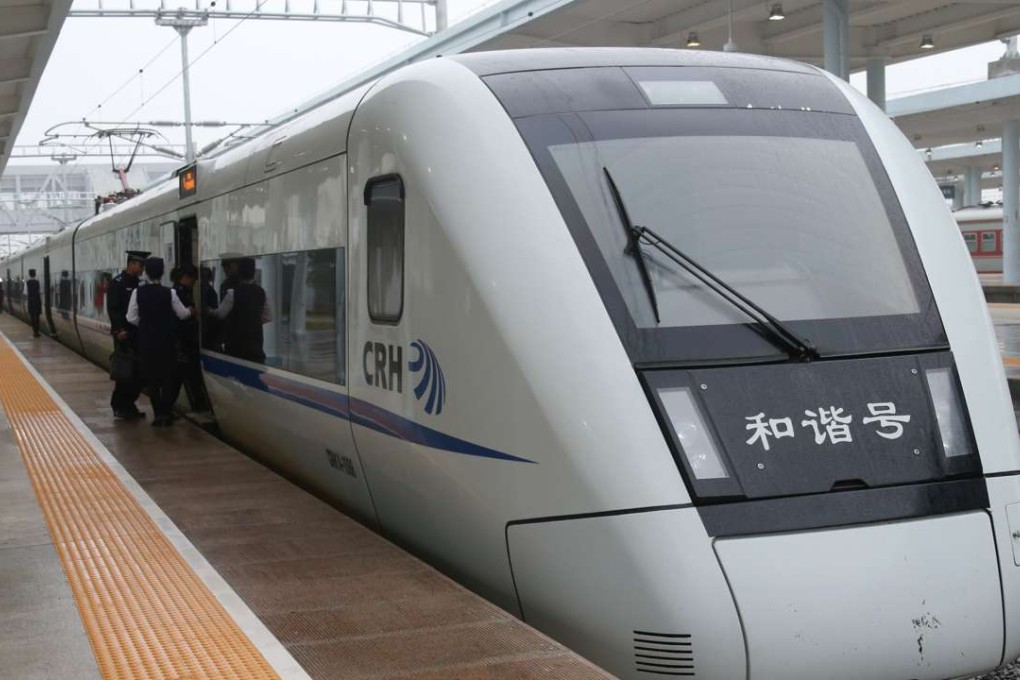Could SOE reform in China usher in the next economic revolution?
G. Bin Zhao says Beijing’s focus on a faster overhaul of state-owned firms, including pioneering moves such as mixed ownership in key sectors, is a testament to their long-term potential

President Xi Jinping (習近平) recently called for strengthening and improving Communist Party leadership within state-owned enterprises, at a national meeting for SOE leaders.
Xi’s speech drew plenty of attention, especially since SOE reform has lagged for longer than expected. Xi also sent out a strong message that SOEs must deepen their reforms in order to “become important forces to implement the decisions of the party”.
Some SOEs, given their abundant financial resources and power, have the tendency to become independent “empires”. As such, they might influence or even eventually reshape China’s political landscape, resulting in a widening of the income gap. The worst-case scenario is that the country’s economy and politics might be controlled by these oligopolies.

Communist Party the top boss of China’s state firms, Xi Jinping asserts in rare meeting
Since President Xi and Premier Li Keqiang ( 李克強 ) took up their leadership roles in 2013, the government has undertaken a number of reform initiatives. In comparison, SOEs have moved relatively slowly, even though the third plenary session of the 18th Party Central Committee prepared a very ambitious blueprint. In June, the Central Leading Group for Inspection Work complained to the State-owned Assets Supervision and Administration Commission (Sasac) that expectations for SOE reform had not been met and called for the commission to speed up the reforms.
